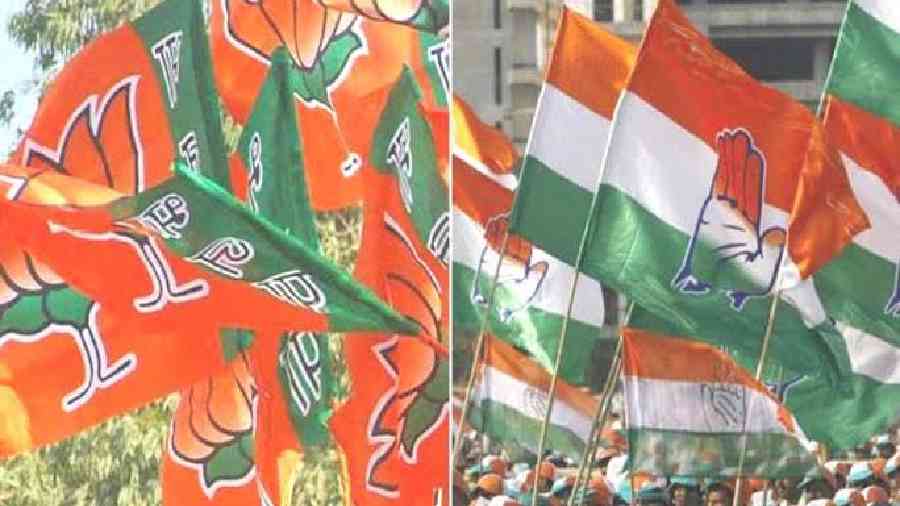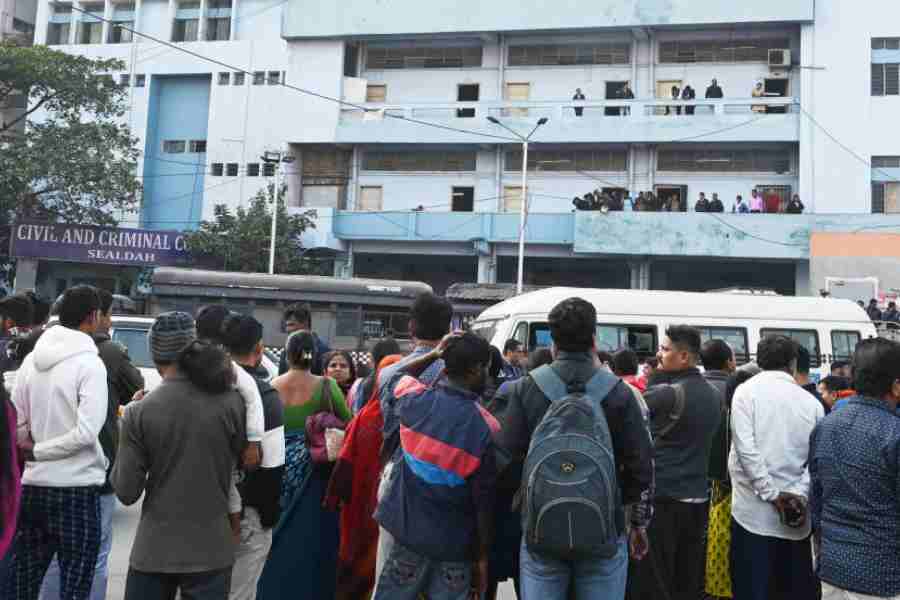The Opposition Congress in poll-bound Meghalaya has drawn attention to the “religious profiling of Christians” under the BJP, including the recent survey on Church-related activities ordered by Assam police, and asked the BJP what steps it planned to take to prevent such activities.
After a media interaction in Shillong three days before the Assembly elections in Meghalaya, which has a 74 per cent Christian population, the Congress said in a statement: “Religious profiling of Christians in neighbouring Assam is a dangerous precedence. What guarantee is there that it will not happen in Meghalaya and other Christian states?”
Meghalaya has an NPP-led coalition government in which the BJP is a constituent. However, all the constituents are contesting the February 27 polls on their own. The Congress asked: “What protection and guarantee will the BJP give to Meghalaya and other Christian states of the Northeast on the increasing attacks on churches in various parts of India?”
Bobbeeta Sharma, AICC media coordinator for the Meghalaya polls, told The Telegraph that the party had raised several issues related to the Christians and wanted the BJP to spell out its stand on them. Apart from Meghalaya, Mizoram, and Nagaland are Christian-majority states in the Northeast.
“Recently, the Janajati Dharma Sanskriti Suraksha Manch (an organisation backed by the RSS) demanded the removal of the Scheduled Tribe status of converted Christians. This is against the spirit of respecting the indigenous ethnic origin of the Scheduled Tribes of the Northeast, especially the Christian community in Meghalaya and Nagaland. Will the BJP let us know if they plan to implement this if they come to power in Meghalaya?” the Congress asked.
It also sought to know if the BJP’s demand for a uniform civil code throughout the country showed its majoritarian mindset and posed a threat to the unique cultural identity of the tribes of Meghalaya and other northeastern states. “What is their stand with respect to Meghalaya and the other northeastern states that have their own unique customary laws?”











